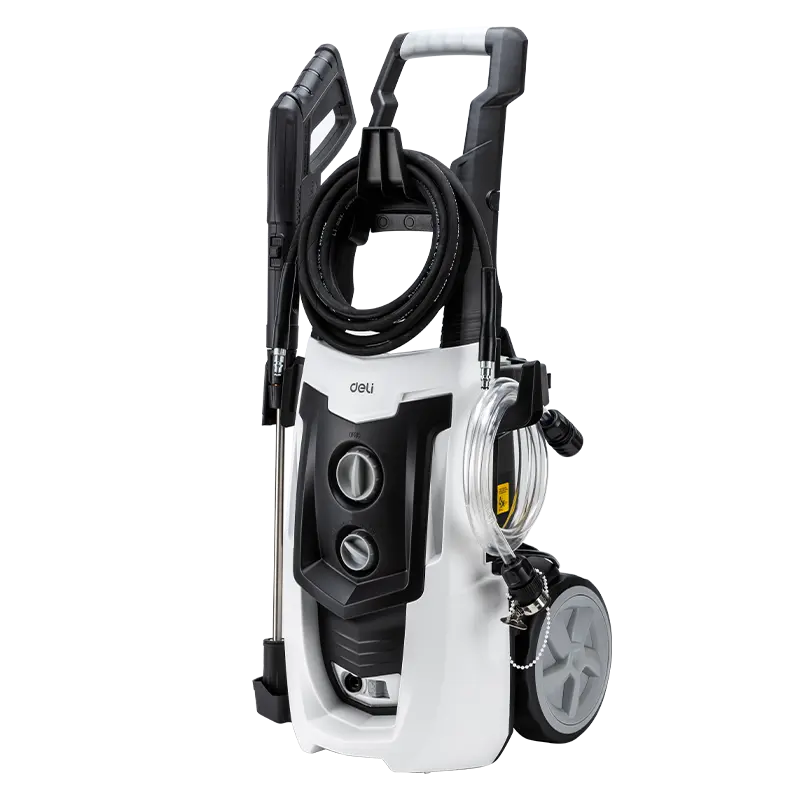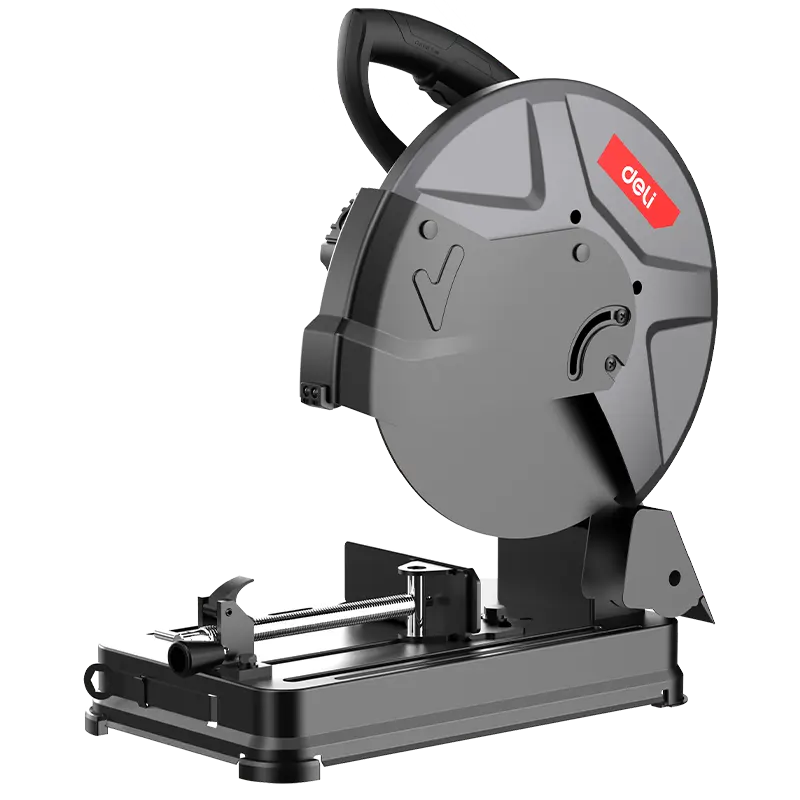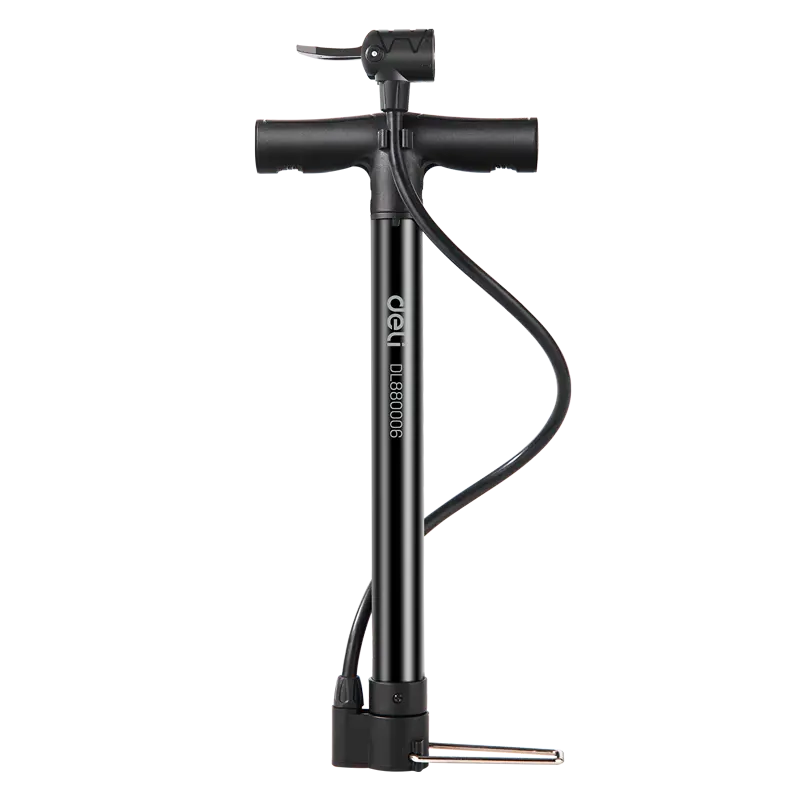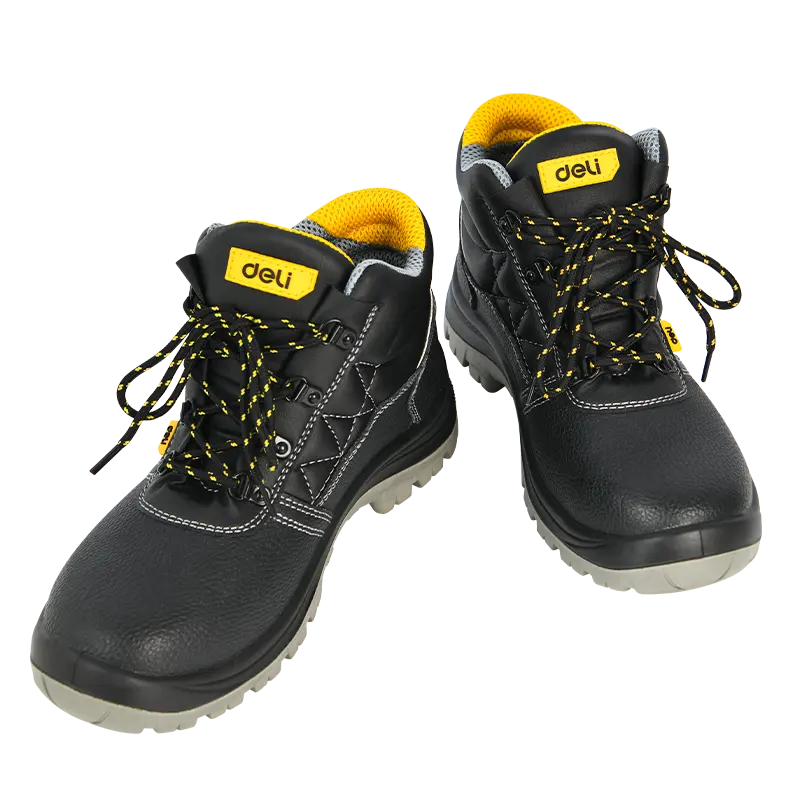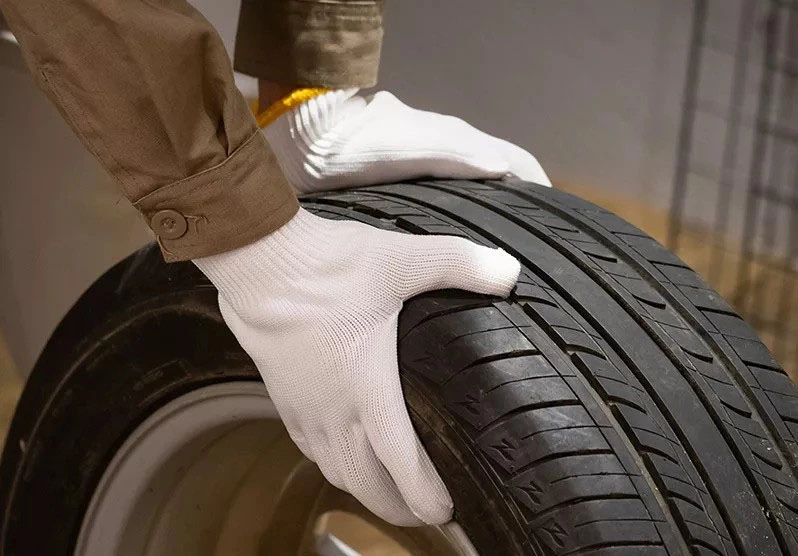Fastening tools are essential instruments in both household and industrial settings, enabling users to join two or more objects together securely. These tools vary widely in design, functionality, and application, catering to different materials and fastening needs. From simple manual devices to sophisticated power tools, fastening tools play a crucial role in construction, manufacturing, maintenance, and DIY projects. In this comprehensive guide, we'll explore the various types of fastening tools, their applications, benefits, and considerations for selection.
Types of Fastening Tools and Their Applications
Fastening tools can be broadly categorized into manual, electric, and pneumatic types, each offering distinct advantages for specific tasks.
Manual Fastening Tools
Manual fastening tools are the most basic form of fastening devices. Common power tools from rotary hammer supplier, screwdriver supplier, and wrench manufacturer. These tools are widely used for their simplicity, affordability, and the direct control they offer to the user. Despite the physical effort required, manual fastening tools are indispensable for quick repairs and projects where precision and control are paramount.
Electric Fastening Tools
Electric fastening tools, such as drills and electric screwdrivers, provide greater efficiency and power. These tools are particularly useful for tasks that involve repetitive fastening or require more force than manual labor can reasonably provide. Electric fastening tools not only speed up the work process but also reduce user fatigue, making them ideal for larger projects.
Pneumatic Fastening Tools
Pneumatic fastening tools operate on compressed air and are known for their high speed and power. Nail guns and staple guns are common examples of pneumatic fastening tools. These tools are favored in construction and manufacturing for their ability to quickly and effortlessly drive fasteners into hard materials. Though they require an air compressor to operate, their efficiency in high-volume fastening tasks is unmatched.
Benefits of Using Fastening Tools
Fastening tools from Deli Tools Global offer numerous advantages over traditional fastening methods, such as increased productivity, precision, and ease of use.
Enhanced Productivity
By automating or simplifying the fastening process, these tools allow users to complete tasks more quickly and with less effort. This is particularly beneficial in industrial settings where time and efficiency are critical.
Improved Precision
Fastening tools are designed to deliver consistent results, ensuring that each fastener is applied with the same force and at the correct angle. This uniformity is crucial for the integrity of the final product, especially in applications where precision is key.
Ease of Use
With advancements in technology, fastening tools by china power tool accessories supplier have become more user-friendly. Ergonomic designs and safety features have made these tools accessible to a wide range of users, from professionals to DIY enthusiasts.
Considerations for Selecting Fastening Tools
Choosing the right fastening tool requires careful consideration of several factors including the material to be fastened, the type of fastener, and the scale of the project.
Material Compatibility
The material you're working with will greatly influence your choice of fastening tool. Harder materials may require more powerful tools like pneumatic devices, while softer materials can often be managed with manual or electric options.
Type of Fastener
Different fasteners require different tools. For example, screws need screwdrivers or drills, while nails require hammers or nail guns. Ensuring compatibility between the tool and the fastener is critical for both safety and effectiveness.
Project Scale
The scale of your project should also guide your selection. Large-scale operations might benefit from the efficiency of pneumatic or electric tools, while smaller or more delicate tasks might be best served by manual tools for greater control.
In conclusion, understanding the various types of fastening tools, their applications, benefits, and considerations for selection is crucial for anyone involved in construction, manufacturing, or DIY projects. Whether you're working with wood, metal, or any other material, there's a fastening tool designed to meet your needs. By selecting the appropriate tool for your project, you can ensure a secure, precise, and efficient fastening process.

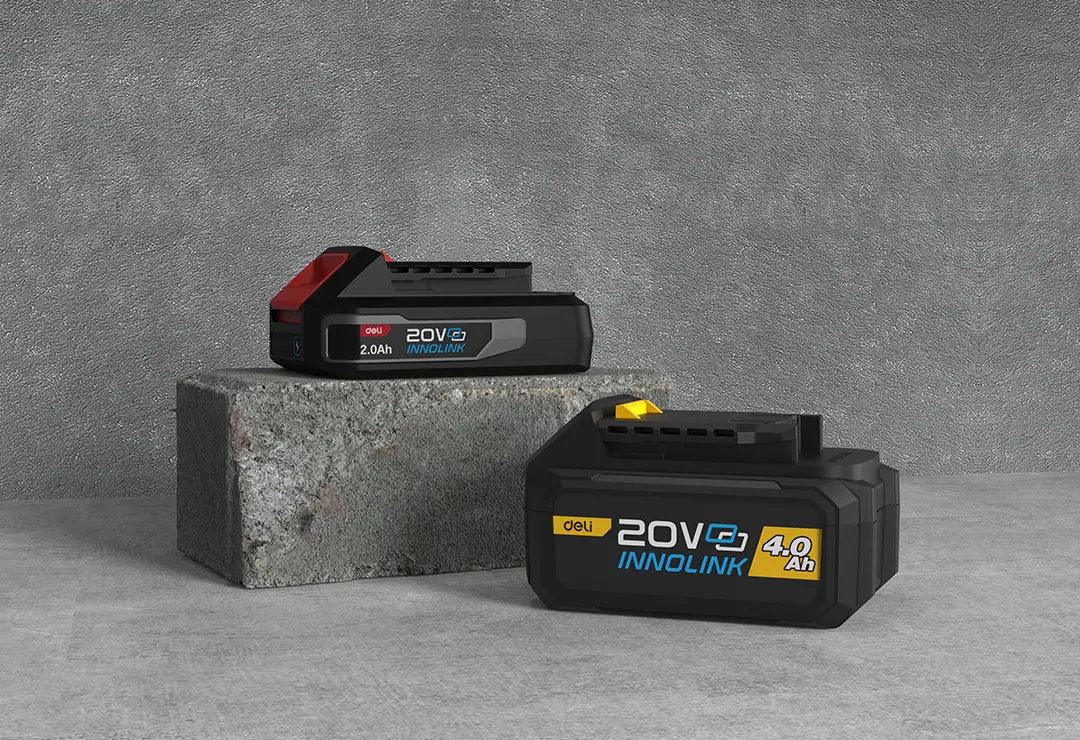
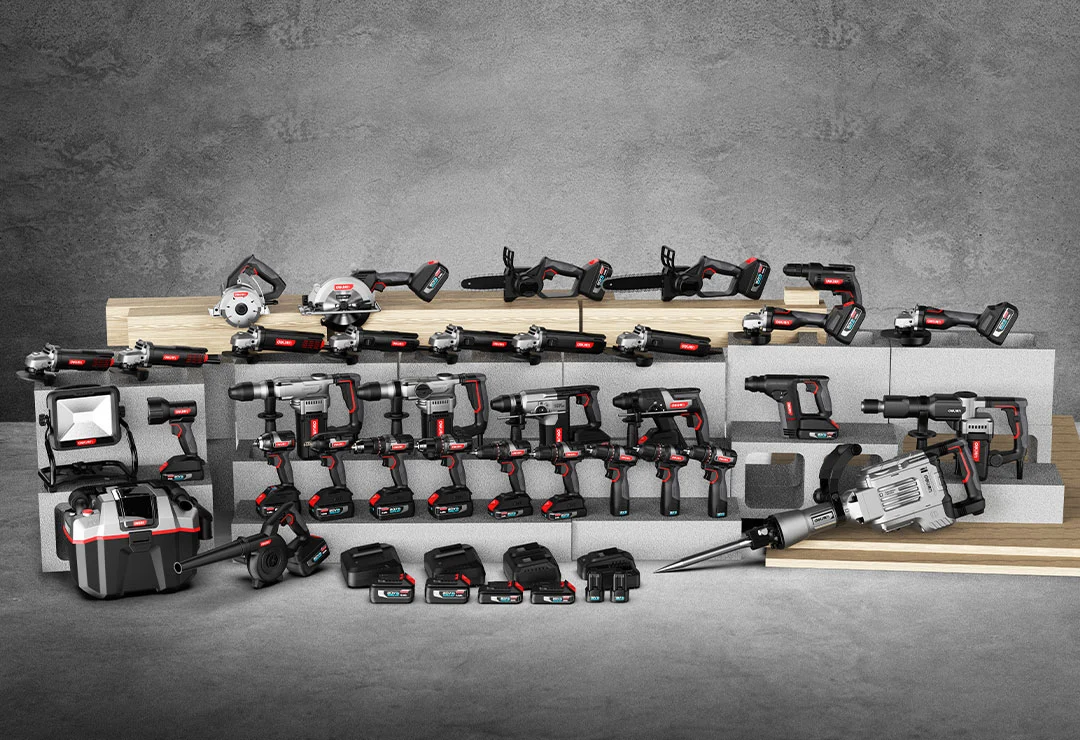
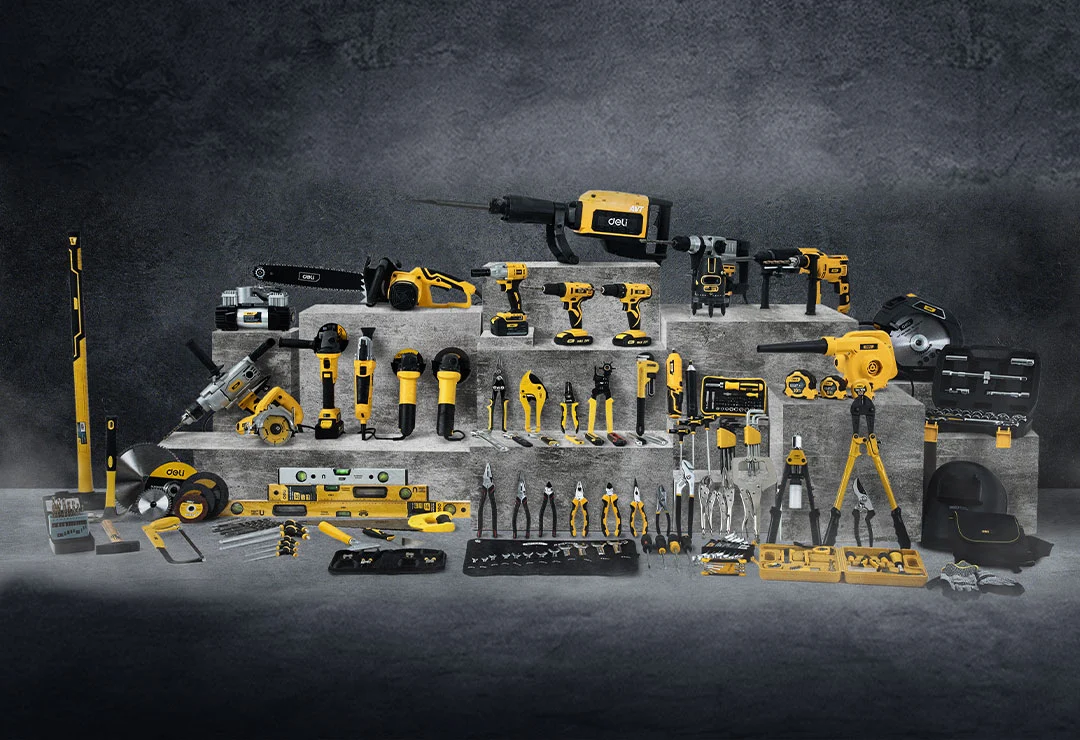
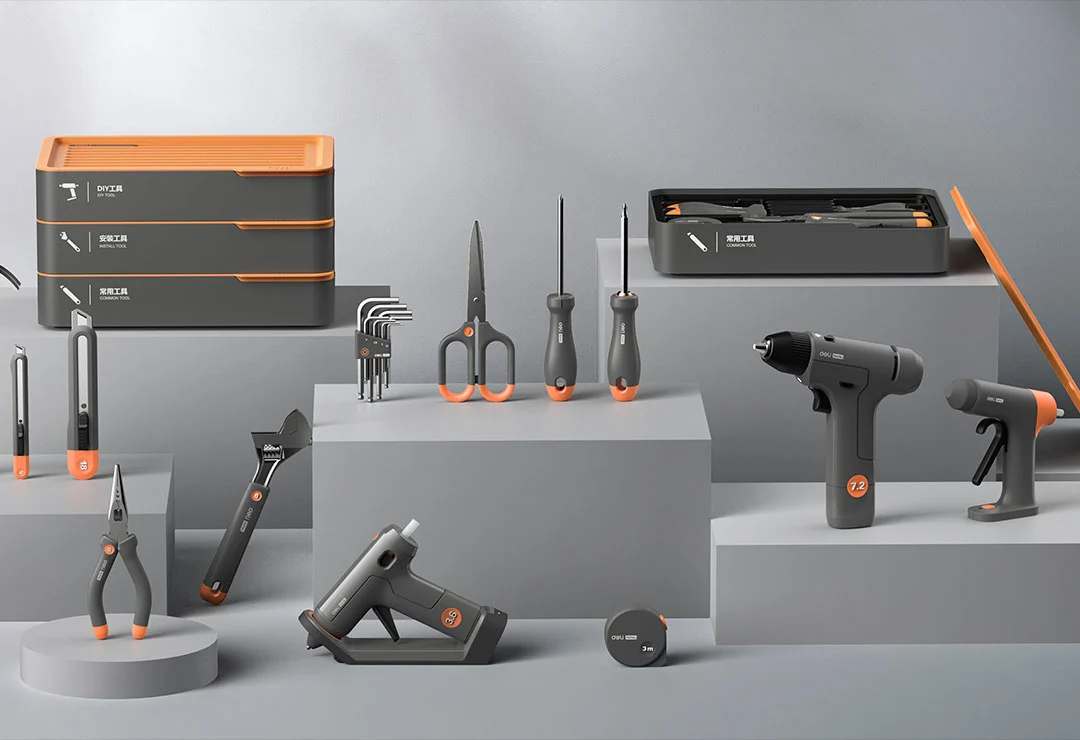
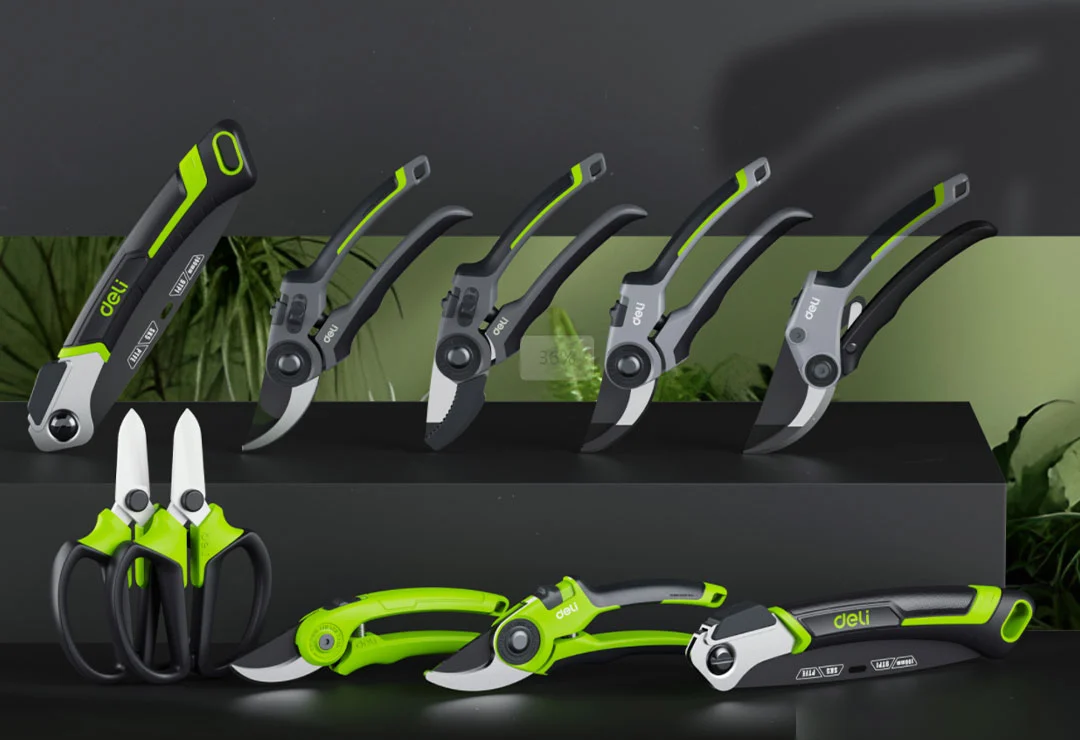
 EN
EN
 jp
jp  ko
ko  fr
fr  de
de  es
es  it
it  ru
ru  pt
pt  ar
ar  vi
vi  th
th  hi
hi  pl
pl  id
id  el
el 